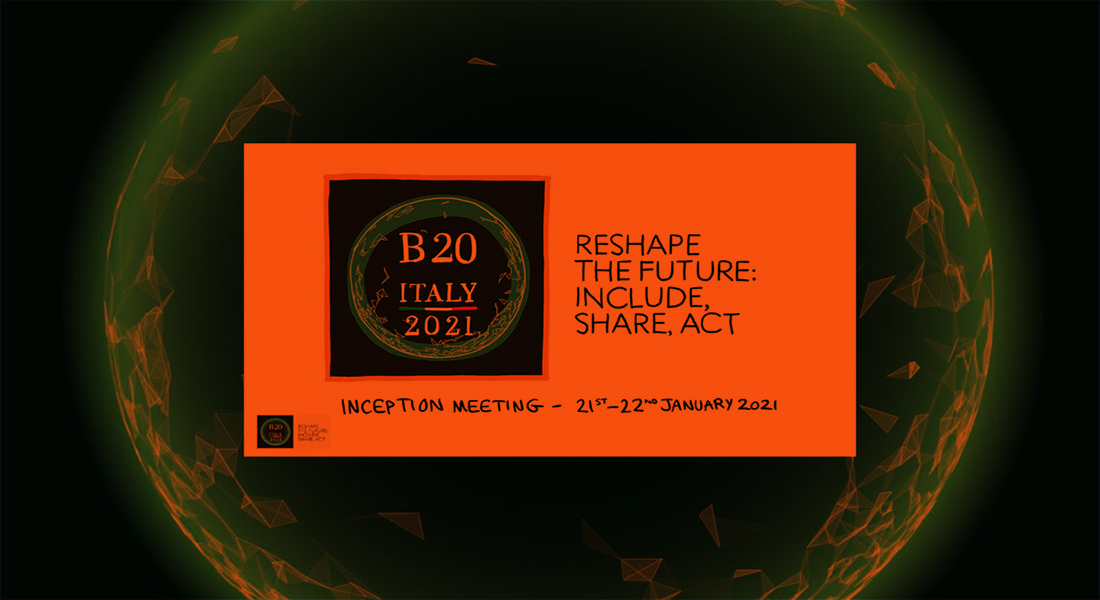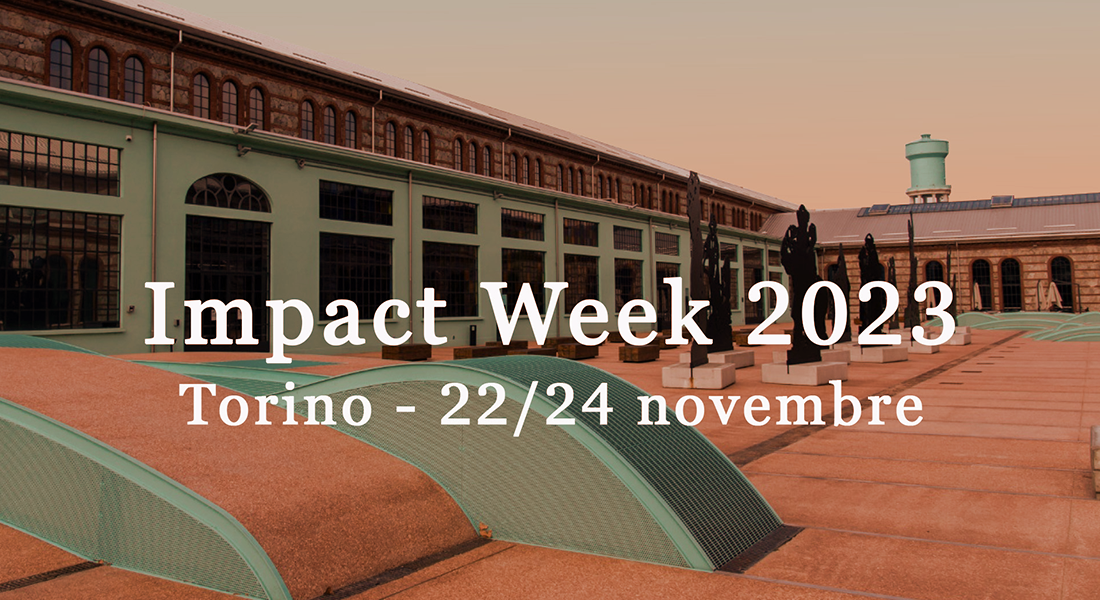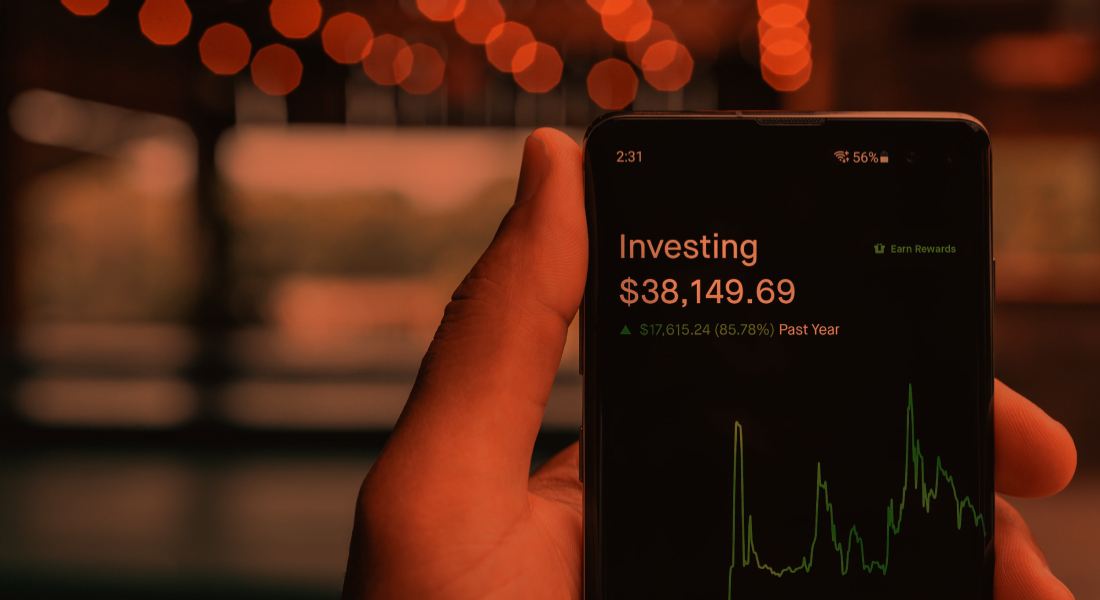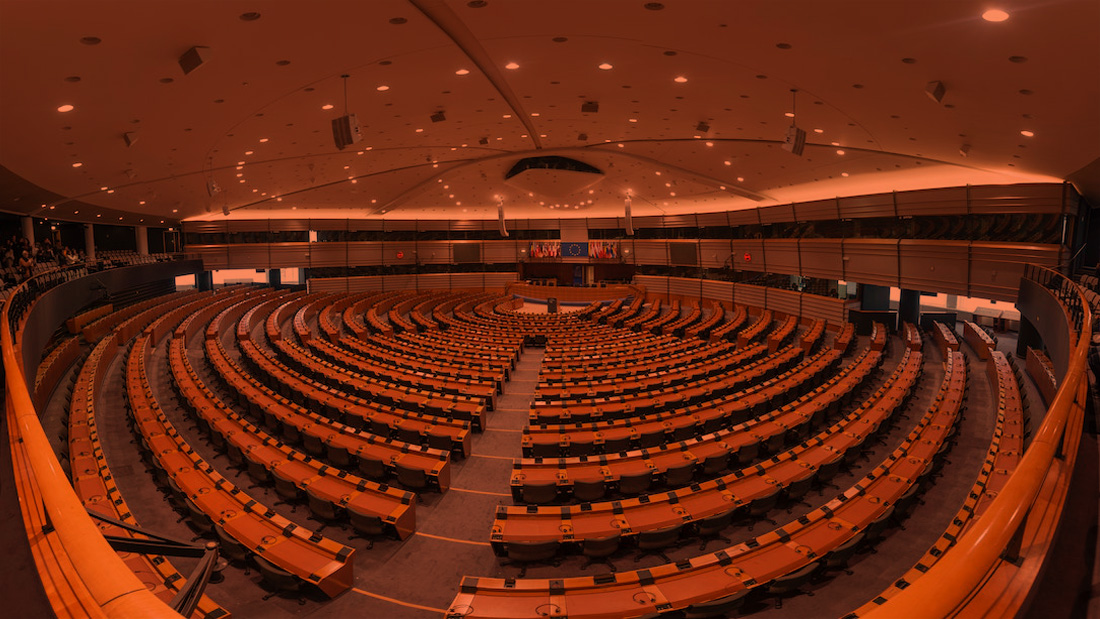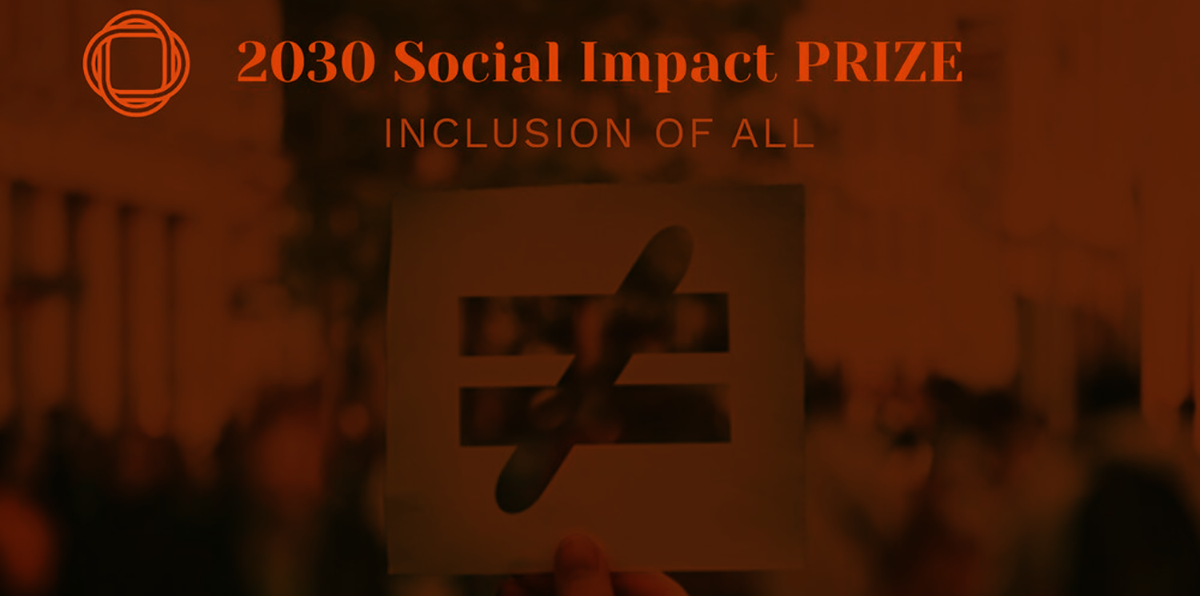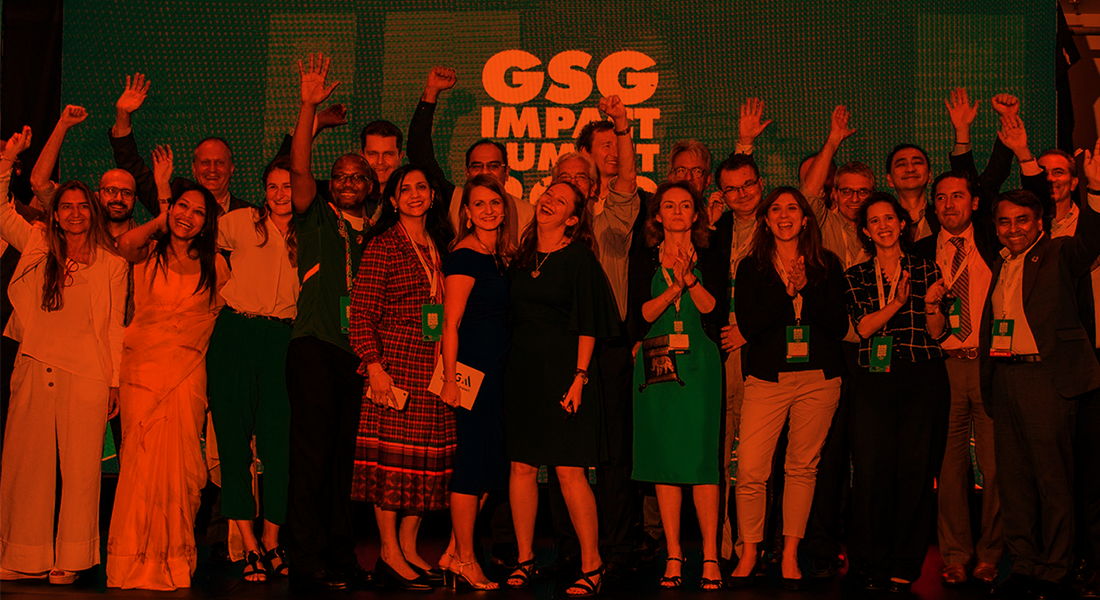the meeting of Mondiale Impact has recently taken place in Turin on the occasion of the GSG For Impact investment Leadership Meeting.
Mondiale Impact is a new initiative of impact pioneers and founding partners Rosemary Addis, Dolika Banda, Mario Calderini, Karim Harji, Rajiv Lall and Laurie J Spengler aimed at driving the next frontier of impact and ESG that transforms governance for the 21st century. This new network brings together experienced leaders at the forefront of shaping sustainable and impact markets, with a shared mission to accelerate the governance response needed to meet the urgency and scale of sustainability issues and opportunities confronting leaders, their organisations and society.
Their 21st Century Governance approach recognises governance will be a central focus for leaders navigating today’s challenges of climate change, inequality and the pandemic as they increasingly need to look beyond financial performance alone. Mondiale Impact was formed to support and challenge leaders to respond to new governance realities and initiate and confront transformative change since it recognises that a shift is needed in how leaders think about their roles and are equipped to make decisions that integrate social and environmental impacts with financial and economic considerations. Translating strategic commitments into concrete actions, and holding an organisation to account over the short, medium and long-term, is one of the most powerful roles of a board. Applying 21st Century Governance makes this role even more vital – and subject to greater scrutiny as corporations and financial institutions seek to distinguish themselves by their social and environmental contributions to a more sustainable and inclusive society.
Governance is considered the golden thread that connects strategy to action, management to practice and transparency to accountability. It weaves through how decisions are made, how choices are confronted, what gets challenged and what gets done and it apllies in all the different contexts:
– In a corporate context this brings impact and sustainability into decision-making across a Board’s contributions to strategy, culture, people and remuneration, investment and divestiture, performance, accountability, compliance, reporting and risk management.
– In an investment context, this brings impact and sustainability into play across the investment cycle, from investment thesis to management and measurement and from product to fund and firm.
– In a policy context this brings impact into policy priorities, ecosystem development, value for money, problem definition and the range of policy tools and options and their governance.
Some of the key founders’ statements further clarify the mission of this new initiative.
Laurie J Spengler “In the next 5 years, the key question confronting leaders is shifting from whether to take impact into account to why their entire approach is not oriented to avoid harm and do more good. Each of us will need to choose whether to have a defensive, compliance oriented approach or to move beyond our comfort zone, draw upon our skills, resources and commitments and take an offensive approach that opens up new opportunities”.
Rajiv Lall: “Markets need political and social legitimacy; where organisations lack a sense of mission and purpose it erodes that. What is at stake is different from what we had understood before; this last decade of the 21st Century has already demonstrated that our inability to factor in the public good is inadequate and delivering suboptimal outcomes. Leaders increasingly need to look beyond shareholder primacy and the nature and role of governance has to respond”.
Archivio:




















